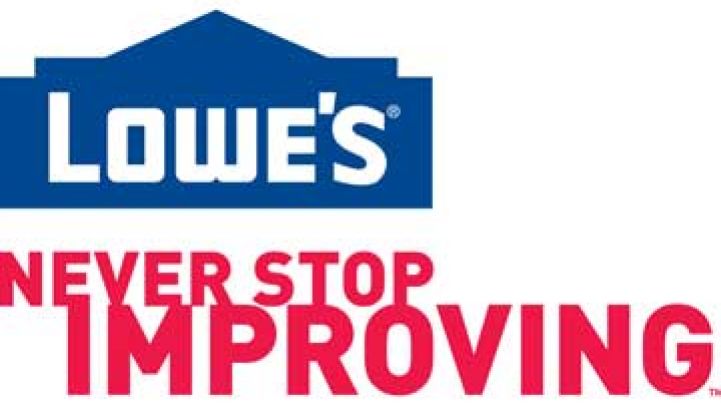Six months after announcing their plan to bring high-tech home controls to the masses, home improvement giant Lowe's and U.K.-based home automation startup AlertMe have finally launched their first commercially available products.
Dubbed "Iris," the cloud-connected wireless control systems is set to officially go on sale at Lowes.com on Thursday, according to the companies. By August, Lowe's plans to have Iris devices -- ranging from smart thermostats and smart plugs to remote-control door locks and motion sensors -- on sale in about 500 stores.
All of the devices will be controllable via iPhone or Android apps that can be downloaded for free, though it costs $9.99 per month to upgrade to "Iris Magic," a basic home scheduling system that allows customers to program connected home devices for different settings for vacations, nighttime, home vs. away settings and the like. (That's the part of the offering that most clearly will be using AlertMe's cloud-based device management system).
As for the basic price, Iris now comes in three kits, which reflect both home energy and home security goals. For $179, homeowners can choose either the "Safe and Secure," which includes an AlertMe hub, one motion sensor, two contact sensors (for doors or cabinets) and a door lock and code keypad, or the "Comfort and Control," which includes the hub, one smart thermostat and one smart plug -- a wall socket adapter that can be turned on and off wirelessly. For $299, the "Smart Home" package combines both of the above kits into one.
Will that pricing structure fly? It's hard to say, but it certainly doesn't seem to break much new ground in terms of low cost. Verizon, which launched its own home automation offering for its FiOS home broadband customers last year, charges $89.99 for an indoor camera and remote-control light switch starter kit, $254.99 for a basic energy control kit that includes a smart thermostat, a 110-volt appliance switch and a circuit panel energy reader, and a combo kit that costs $287.99, for example. (One interesting note, however: Verizon's current home system prices are slightly higher than those it initially publicized when it launched the product line in November.)
Of course, Verizon is already selling its core FiOS service to customers, making the home automation more of an add-on. Also, Verizon charges $9.99 per month for the service and doesn't offer a no-fee version like Lowe's does -- which makes sense, because Verizon has an ongoing relationship with its FiOS customers, whereas some Lowe's Iris customers may want to walk out the door with their products and be done with it.
The launch of Iris does put Lowe's ahead of its big-box store competitors on the low-cost home automation front. Best Buy in June started selling a $399 home energy management system, Check-It HEM, which uses a circuit-level connection to see how much energy different loads are using. It's expensive because it requires an electrician to install it, much like home power monitors like The Energy Detective do. But on the plus side, it does measure whole-home energy use, whereas smart thermostats don't.
At the same time, Iris will be facing competition from the likes of EcoFactor and its project with Comcast, iControl’s project with Time Warner Cable, and other telecommunications providers interested in following Verizon’s home automation lead. (Deutsche Telekom, which announced a partnership with AlertMe in September, could be one of them.)
But the biggest competition may be against homeowners' lack of interest. We've seen plenty of data that shows that most homeowners don't want to spend that much money on managing their energy use with technology, and we've also seen high-end home automation companies like Control4 move away from energy-specific markets. Of course, most of these telco- and cable-backed, lower-cost home automation systems are putting their focus on home security (door locks, sensors and remote-control lights) as their core offering.
As for which companies' products are shipping with the Iris packages, the companies mentioned General Electric and Radio Thermostat Co. of America as current device suppliers, and said that Schlage, GE Jasco and First Alert have announced plans to work with the platform.
AlertMe, which has raised about $49 million to date, is also doing a number of projects with British Gas in support of the utility's multi-million smart meter rollout. The partnership with Lowe's is AlertMe’s first foray into the U.S. market.
Though Google and Microsoft bowed out of home energy management in 2011, Greentech Media predicted that those exits would ultimately be less important to the market than the entrance of big-box stores. Whether the new Iris platform from Lowe's proves to be the first step in a mass movement by the retail chains into home automation, or a misstep in judging what its home improvement customers want, remains to be seen.



